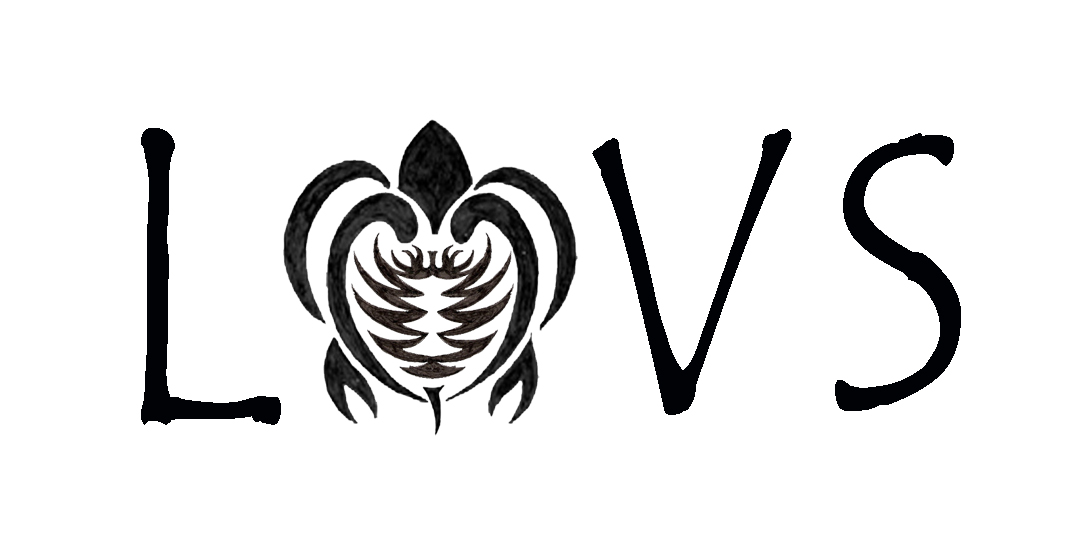A paternity action is similar to a divorce when the parents of a child split up but they were never legally married. A paternity order is needed to address custody, parent time, child support, and other issues. A paternity order may seem unimportant when the parties are getting along, however, if the relationship breaks down it will become very important, very quickly. Without an Order, the parties have equal access to the children. Either party can keep the children from the other party and there is very little to be done without an order signed by a judge.
A paternity action is started by filing a Petition. The opposing party then files an Answer. The parties are typically required to attend mediation. Mediation is a great place for the parties to try and solve their issues on their own.
When the parties are getting along they may be able to craft an agreement which can be turned into a court order than explains how they want their co-parenting relationship to be designed. An order crafted by the parties is almost always preferable to an order handed down by the judge because the parties will know the intricacies of their situation, their children and their schedule. A paternity order should address things like child custody (both legal and physical), parent time, holidays, child support and tax deductions.
